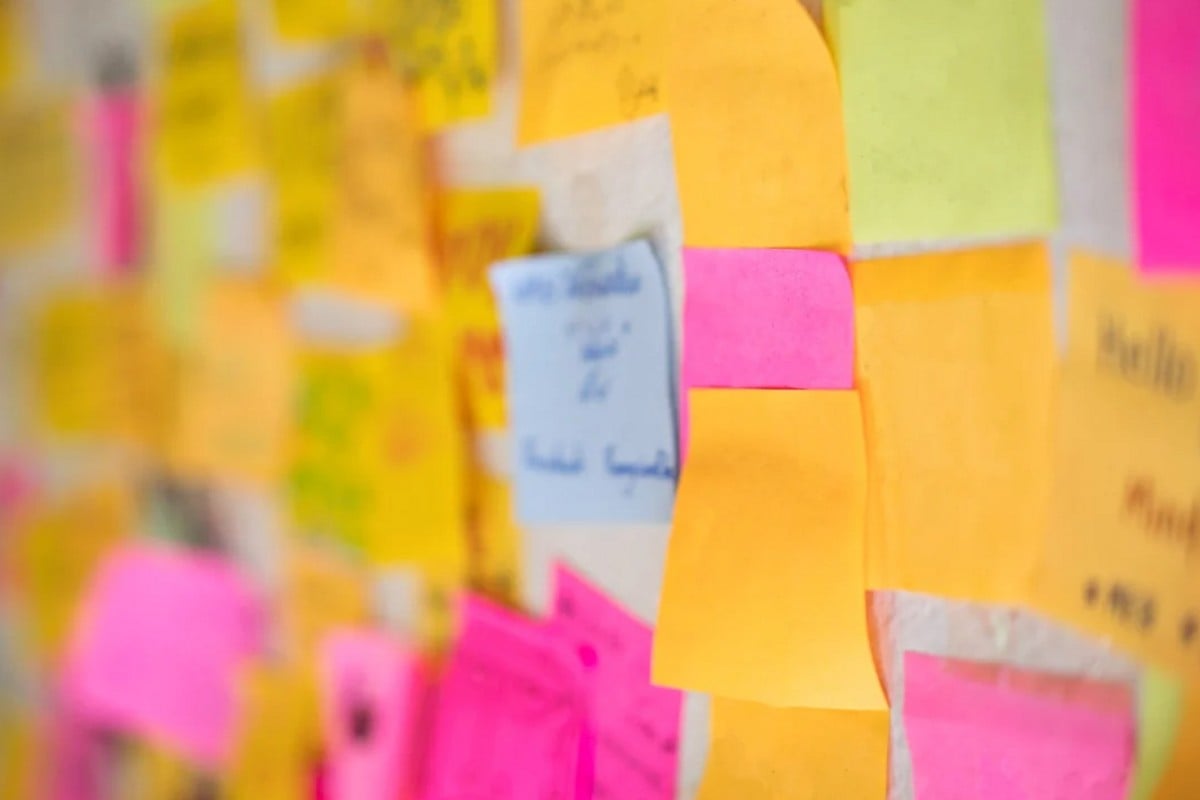
This article originally appeared on Jessie Stephens' Substack, Dwelling. Sign up here.
I am afraid that most of what I consume is making me dumber.
Last night I spent three and a half minutes watching a woman decorate a cake with a tennis racquet. She was holding it over the cake, using it as a stencil. I kept watching because I was curious how it would turn out. I needed to understand her vision. She used four different spray paint cans (were they edible? What flavour?) and the more she added the less I understood where this was going. What was she painting? I wondered. What was the point? How many minutes, of my finite minutes, would I afford this stranger who had done nothing to deserve any of them?
Finally, she lifted the tennis racquet off the cake.
It was ruined.
Watch: Jessie Stephens, Mia Freedman and Em Vernem discuss the most low status way to dress. Post continues below.
The stencil hadn't worked. Of course it hadn't. The cake was just brown, dripping in what was probably poisonous, pollutant spray paint.
I felt very angry that there had clearly never even been a vision, so then I had to read all the comments, where people shared their frustration that their time had been wasted. That's why they'd spent another thirty seconds leaving a comment. And maybe a few more minutes engaging with other comments. Because they were so indignant. That their time had been wasted.




























































































